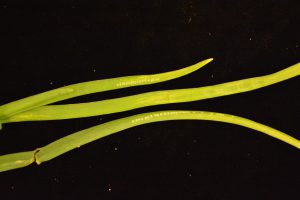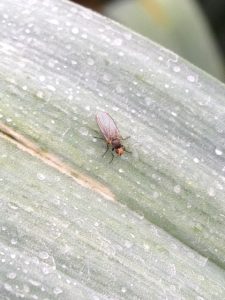May 11 (Thu) 4:15 pm Auburn Road Vineyards and Winery 117 Sharptown-Auburn Rd, Pilesgrove, NJ 08098
Pesticide Credits Approved: CORE (1); PP2 (5); 1A (5); 10 (4)
4:30 pm Welcome Remarks and Updates and Social Bird Management – Demonstrations and Interactive session on challenges and successes in bird control Aaron T. Guikema, State Director, USDA – APHIS Wildlife services Potassium Fertilizer Chemistry for Wine Grape Joseph Heckman, Extension Specialist in Soil Fertility, Rutgers NJAES. 2023 Recommendations for Wine Grape Disease Management Peter Oudemans, Extension Specialist, Small Fruit Pathology, Rutgers NJAES Brief Overview of Alternative Options to Paraquat for Postemergence Weed Control. Thierry Besancon, Extension Specialist, Weed Science, Rutgers NJAES Early Season Field Observations from the IPM Program Dave Schmitt, IPM Program Associate, Rutgers NJAES. Spotted Lantern Fly and Other Vineyard Insects Management Anne Nielsen, Tree Fruit Entomologist, Rutgers NJAES 7:30 pm Pesticide re-certification credits Light fare will be provided. Please email Joan Medany at jmedany@co.gloucester.nj.us or call 856-224-8030 if you are planning to attend. This site is accessible to the physically impaired. For the additional assistance, please contact Hemant Gohil at 856-224-8029 before the meeting.




